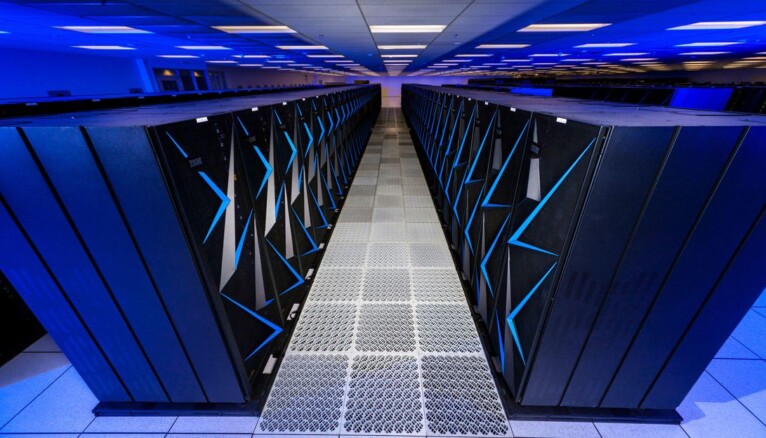HPC Engineering graduates can apply their skills in system design, parallel computing, algorithm optimization, and large-scale data analysis to solve complex problems and advance technology in various fields (eg. climatology, pharmaceuticals, genomics, bioinformatics, materials science and chemistry, cryptography and cybersecurity, aerospace…). Employment opportunities include companies and research centers dealing with complex computational problems across various domains that necessitate detailed design studies, modeling and simulations, or leveraging AI for various applications, such as autonomous vehicles, drug discovery or predictive analysis. Moreover, the combination of HPC and Quantum Computing expertise allows graduates to be at the forefront of technology, tackling some of the most complex and intriguing problems in science, industry, and security.
In Italy, the Laurea Magistrale in HPC Engineering allows graduates to access – after passing a State Exam – the Class of Information Engineering (“Ingegneria dell’Informazione”), Section A of the National Professional Register of Engineers, with the title of Engineer. The qualification also grants access to Ph.D programmes (“Dottorati di Ricerca”), 2nd level Specialisation Courses (“Corsi di Specializzazione di secondo livello”) and 2nd level University Masters (“Master Universitari di secondo livello”).

